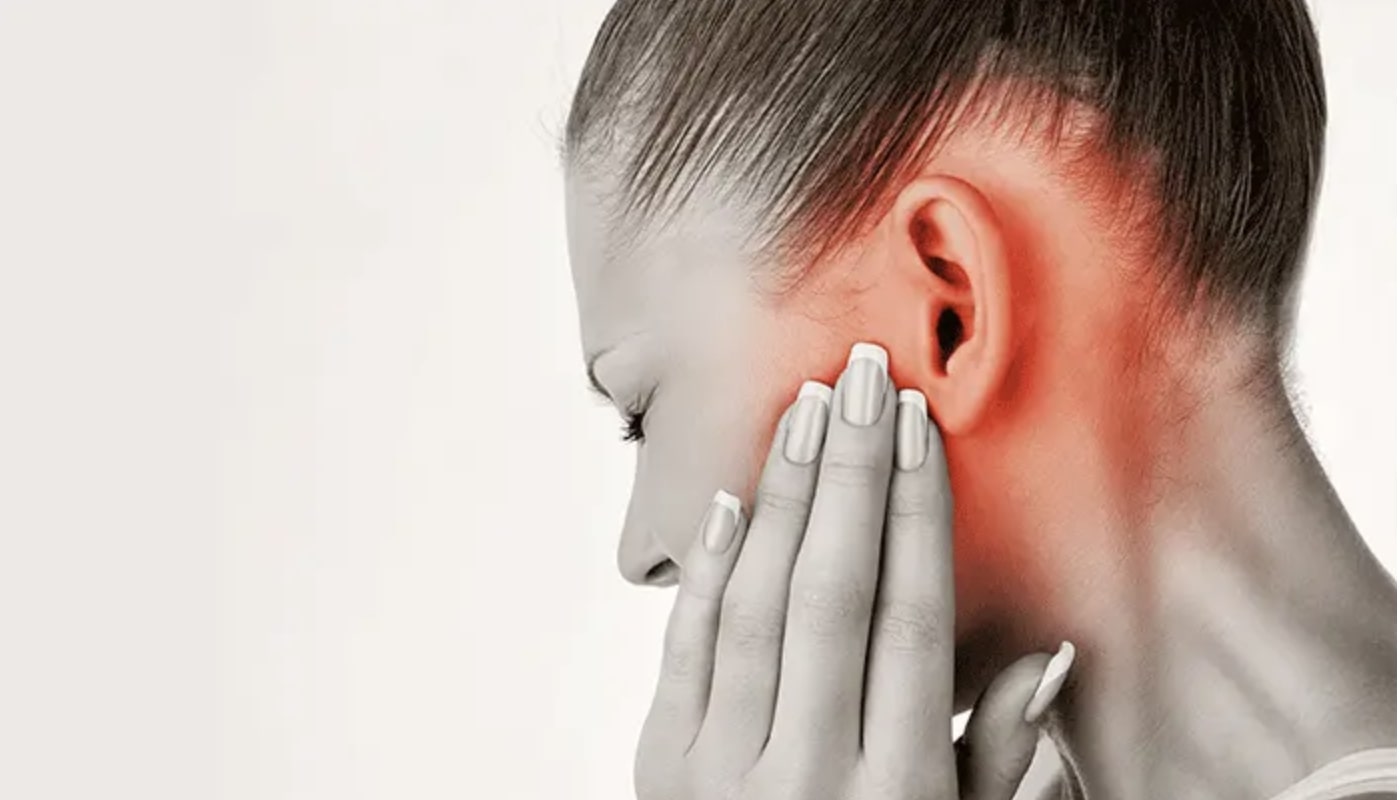
What is TMJ Disorder?
Usually referred to as TMJ syndrome, temporomandibular joint dysfunction is a term used to describe pain in the joint connecting the jaw to the skull; it can have varied causes and, in turn, can cause diverse problems in other areas of the head. TMJ syndrome can be responsible for neck pain, headaches, and pain affecting your ear or face. It can cause your jaw to lock, making it hard to open or make clicking and popping sounds whenever you bite down or chew.
What Can TMJ Syndrome Cause?
Like with most things, the causes of TMJ can vary. Trauma tops that list and is often caused by grinding your teeth and or clenching your jaw.
This constant stress on the joint can cause:
- Misalignment
- Inflammation
- Damage to the cartilage disc of the joint
Sometimes dental work is at fault due to overstretching the joint for a long time, in which case a well-placed massage can be very useful.
Symptoms of TMJ
The most common symptom of TMJ is a pain in the joint or facial muscles. The pain may be more pronounced when using the joint by yawning, chewing, or talking. It may lead to headaches. TMJ is known to cause noise to be heard by the patient; this noise comes in the form of pops or clicks in the jaw. Swelling is a common symptom, and occasionally, TMJ will cause tinnitus and even some hearing loss. Sometimes patients confuse TMJ with ear infections, although the ear itself is fine. While some symptoms last days or weeks, some conditions may have symptoms extended over months or even years.
Risk Factors for TMJ
Age is a critical factor, as arthritis can push your joints to fail. Like in most ailments, genetics can play a part, in addition to high levels of stress. People who suffer from headaches and lower back pain are known to be at higher risk than those who do not present these problems. Women are also known to have a higher likelihood of TMJ syndrome than men.
Treatment For TMJ
Always consult with a medical professional before starting any exercise routine or set of stretches. Physical therapists can provide you with personalized stretches and exercises that will significantly help with TMJ pain-reducing joint and muscle tension and offering you the relief you need. If you follow the appropriate therapy, you can strengthen the muscle group that controls the jaw and help mitigate future flare-ups. Other treatments will include ice and heat therapy to relieve the inflammation as well as professional massages to reduce muscle tension.
Precision Pain Care and Rehabilitation has two convenient locations in Richmond Hill – Queens and New Hyde Park – Long Island. Call the Queens office at (718) 215-1888, or (516) 419-4480 for the Long Island office, to arrange an appointment with our Interventional Pain Management Specialist, Dr. Jeffrey Chacko.













